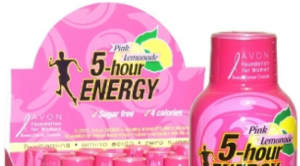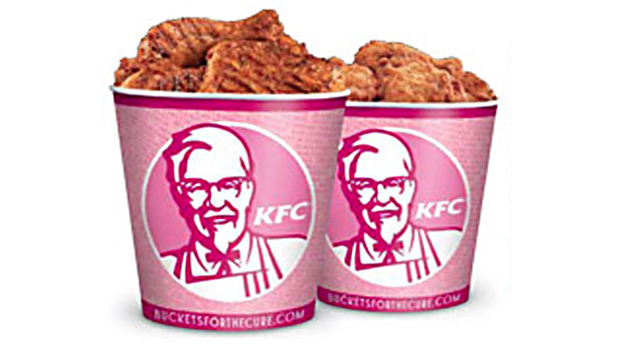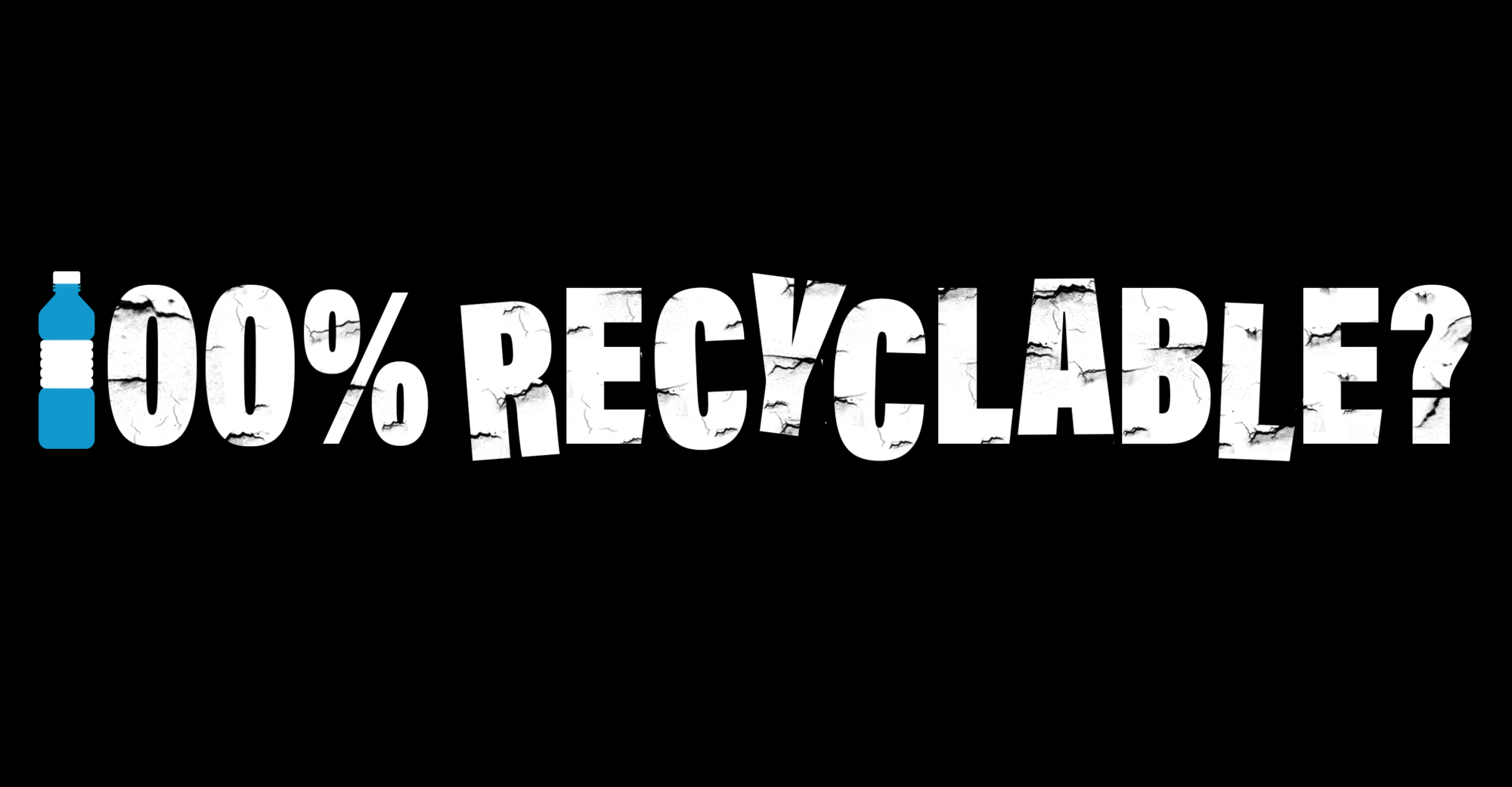
Companies Accused of Greenwashing
When companies green it, they better mean it.
Should breast cancer foundations accept cash from companies selling these products?
|
By Theresa Sullivan Barger
Contributing Writer
Pinkwashing, pinkification, pinktober. Whatever you call it, slapping a pink ribbon on a product is big business. It’s called “cause messaging” and it sells – boosting potential revenues by millions, according to at least one study.
But should breast cancer research foundations accept donations from companies selling unhealthy products that could harm the very people they are trying to help? The companies may get a boost from the pink labels, but some say the foundations should be more discerning about the health effects the products could have on consumers, especially those struggling with cancer. Here are five examples of companies that have offered pink ribbon promotions. (UPDATE: And now there is a sixth example. Texas-based Baker Hughes, a fracking company, will be painting and distributing 1,000 hot pink drill bits this month as part of its “Doing out Bit for the Cure” campaign and will donate $100,000 to Susan G. Komen Race for the Cure at the Oct. 26 final Pittsburgh Steelers “pink-out” football game. Fracking, critics point out, is a natural gas and oil drilling process that could add harmful chemicals to water supplies.
Going pink gives caffeinated lemonade highly charged sales boost
 Living Essentials announced this month it was going to continue its support for breast cancer awareness for a third year. It first launched its Pink Lemonade 5-Hour ENERGY campaign in 2012, marketing the drink to women and raising more than $350,00 for the Avon Foundation for Women. The company renewed its commitment to the cause in September, announcing it would support Living Beyond Breast Cancer for the second year in a row, donate 5 cents for every sale of a limited edition pink lemonade flavor 5-Hour.
Living Essentials announced this month it was going to continue its support for breast cancer awareness for a third year. It first launched its Pink Lemonade 5-Hour ENERGY campaign in 2012, marketing the drink to women and raising more than $350,00 for the Avon Foundation for Women. The company renewed its commitment to the cause in September, announcing it would support Living Beyond Breast Cancer for the second year in a row, donate 5 cents for every sale of a limited edition pink lemonade flavor 5-Hour.
Living Essentials is under scrutiny by the FDA along with other energy drink companies after reports of 13 deaths within four years and 30 injuries that may be linked to high caffeine levels in the drinks and three states have brought lawsuits against the company.
The Food and Drug Administration is investigating whether the drinks pose a danger to teens and is considering mandating warnings on energy drinks. Canada has limited caffeine levels in energy drinks.
Yet Avon says the energy shots are fine. Avon Foundation for Women spokesman Karyn Margolis says:
Before the Avon Foundation entered into a relationship with 5-hour Energy, … we consulted with medical experts who advised us that the drink is not harmful when used as directed, as it essentially consists of caffeine, vitamin B, and other nutrients, has no sugar and only four calories.
Living Essentials issued a press release saying it is “exploring” another campaign to benefit breast cancer research this year. An Avon spokeswoman says the company has no confirmed plans to continue the partnership.
Alcohol-spiked lemonade gives consumers a chance to drink for a cause
The Breast Cancer Research Foundation accepted a donation of $250,000 from sales of another lemonade product, this one with alcohol. The Foundation accepted the funds from mike’s hard pink lemonade made in memory of an employee who died of breast cancer, according to foundation marketing director Robbie Finke Franklin. Text on the hard lemonade’s labeling says: “Mike’s is supporting The Breast Cancer Research Foundation in memory of Jacqueline S., a part of the Mike’s family who left us too soon.”
Yet, studies confirm that alcohol use increases the risks of breast cancer.
Franklin says the foundation’s acceptance of the donation is not an endorsement of alcohol consumption.
The Breast Cancer Research Foundation supports research studying the effects of alcohol consumption on breast cancer. This donation does not constitute a partnership and the donation was not based on sales of their products. BCRF in no way, shape or form endorses the consumption of alcohol. We applaud Mike’s for choosing us for their gift because they believe as we do that research today will save lives tomorrow.
Colonel Sander’s bucket of bucks for Komen
Susan G. Komen Race for the Cure had a six-week partnership with KFC until it decided not to renew its agreement. The move followed a public outcry about the link between high fat, high carbohydrate foods, and obesity, a problem plaguing more than 35 percent of adults in the United States, according to the Centers for Disease Control and Prevention. Critics of the partnership noted that obesity elevates the risk of getting cancer.
Still, Komen says it raised a lot of money for their missions with this partnership and it doesn’t see what the big deal is.
“We never suggested that people go out and eat KFC,” says Komen spokesman Andrea Rader.
She noted that the restaurant chain also offers grilled chicken, green beans, coleslaw, and corn.
Says Rader,
We raised $4 million [from the KFC partnership] and we looked at that partnership as an opportunity not just to raise funds, but to reach a lot of women with education messaging within communities we don’t serve.
But some breast cancer organizations say foundations should have stricter policies on donations.
Angela Wall, a spokeswoman for Breast Cancer Action, a nonprofit advocacy group that coined the term “Think before you pink,” says,
I think if you have a commitment to seriously addressing and ending breast cancer, if you have a commitment to women’s health, it is problematic to take money from organizations that contribute to the health crisis; what you’re trying to resolve with one hand, you’re fueling with the other.
Marketing pink guns turns some foundations off
This is not to say that Komen and Avon will take money from just any company. While some companies are marketing pink products, that doesn’t mean the foundations are taking donations from them. Smith & Wesson marketed a pink “breast cancer awareness” 9 mm pistol, and Seattle gun distributor Discount Gun Sales said it was selling the pink handgun to help raise money for Komen. But Komen, the Avon Foundation, and the American Cancer Society said they had not accepted donations from gun makers.
“We do not have partnerships with any firearms manufacturer. Nor does our Seattle Affiliate receive donations from this manufacturer,” Komen’s Rader told The Huffington Post.
Discount Gun Sales and Smith & Wesson did not respond to TruthinAdvertising.org’s request for comment.
Margolis, the Avon Foundation spokesman said in an email, “The Avon Foundation has a policy not to enter into co-ventures with any entity related to firearms. … In addition to breast cancer, the Avon Foundation’s mission is to end violence against women.”
The American Cancer Society’s spokesman Andrew Becker did not return calls or emails from TruthinAdvertising.org requesting information on firearm donations.
Keep a Breast learns lesson from pong partnership
One foundation admits it made a mistake early on by partnering for two months with a product that is counter to its mission. While in its infancy in 2009, the Keep the Breast Foundation accepted a $2,500 donation from the makers of PortOPong, a pink, inflatable beer-pong table with built-in cup holders.
The foundation partnered with PortOPong because they were also marketing the mobile ping pong table as a pool float. But Keep a Breast ended its partnership within a few months.
“We worked with them for about two months. They started going in a direction that we felt was uncomfortable,” says Kimmy McAtee, vice president of public relations for the company.
With tightened standards came a loss of revenue. However, McAtee says it’s more important for the foundation to enter into partnerships thoughtfully.
“We realize that pinkwashing is a huge thing now,” says McAtee, “and we really have to be responsible about anything that has our name on it.”
This story was updated on 10/13/2014.
Theresa Sullivan Barger is a Canton, Conn.-based freelance writer specializing in business, environment, and health.
When companies green it, they better mean it.
This year reader tips led to dozens of ad alerts, as well as a complaint to regulators.
Bottled-water brands mislead consumers who want to “do their part” and recycle, class-action lawsuits allege.


